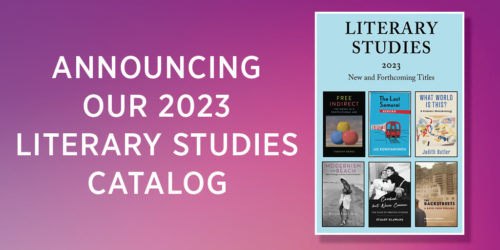China's Nobel Prize Complex, Circa 1946 — An Op-ed by Christopher Rea
In the Toronto Star, Christopher Rea the editor of Humans, Beasts, and Ghosts: Stories and Essays, by Qian Zhongshu, discusses prescient fictional works that speak to China’s recent reaction to Liu Xiaobo’s Nobel Prize.
In the 1946 “Inspiration,” Qian tells the story of a Chinese writer whose work is translated into Esperanto, so he can be eligible for the Nobel Prize. He fails to win which “plunges the entire Chinese population into a righteous wrath.” Rea argues thaat Qian’s satirical story points to China’s longstanding skepticism, if not animosity toward the Nobel.
Rea concludes by writing:
China’s Nobel Complex seems to be alive and well. As the Chinese government tries to extend its “soft power” through Confucius Institutes in foreign countries….
What is often obscured by the spectacle of an angry China, however, is that the indignation is not, and never was, shared by all of its citizens. Nor, as Qian’s story reveals, does the problem originate with the Chinese Communist party, which has done so much to exacerbate cultural chauvinism. The roots of the problem are deeper than politics, even if they are readily ascribed to that most superficial of clichés about China: face.





